A while back, the noted surf journalist Lewis Samuels penned a very interesting take in a piece that he wrote for Surfer Magazine on the hipster surf culture movement. As usual for Lewis, it was well written and insightful with just enough of his trademark cynicism to also make it unmistakably his.
And, it was right on point.
On the subject of today’s hipster/alt craft movement, Lewis went on to note, “It’s more than just nostalgia—particularly when you consider many surfing hipsters are imitating the style of an era prior to their birth. The kids yearn for a time they never knew, when surfing didn’t belong to everyone. It’s the sad lament of a generation that wonders if they missed out on surfing’s authenticity. Sometimes I wonder too. Even for older surfers, it can feel like the only way to move forward is to look back—sift through the ashes of surfing’s history in search of live coals that still burn with some semblance of honest stoke. We look back in search of what is no longer there—those organic moments, lost in the past, when it was not just special to ride waves, it was special to be a surfer.”
Bingo.
In essence, if we may, what Lewis was describing is a general disdain of how surfing is mostly portrayed today. The comps, the jock thing, the Olympics, the brands themselves, all of it, have become so foreign that many are now looking backward to find any semblance of what feels like an authentic and real representation of what surfing should be. It’s been labeled as hipster or beatnik, or whatever, but this is not a convenient convergence of influence but an actual reflection of a simpler time when surfing was the lifestyle you lived, not the facade you represented.
What’s truly interesting is the period of which we’ve returned to. Yes, there’s a dash of late ’50s/early ’60s Malibu in there, but for the most part, the real influence is from the more international late ’60s/early ’70s “transition” era. Much of the clothes, the music, the boards you see today are simply period replications of some of surfing’s hippest times. The Vietnam War notwithstanding, it was a period of much consciousness and cerebral exploration, both in the water and out. It’s really not surprising as this period truly represents a historical point in time where music was changing, surfboards were all over the place design-wise, and copious amounts of psychedelics were readily available.
Or, so we’ve been told.
When put into context, Lewis has expertly captured what’s fueling today’s alternative surf culture. Or perhaps, its true culture? That being a simple desire to feel authentic within the space in which surfers chose to live, not an artificially contrived portrayal that fits a mainstream marketing narrative.
Simply, give me my surfing back.
Surfing has long been under attack by outsiders from very early on. Well-intended men and women who, for whatever reason, just couldn’t leave well enough alone and felt it their personal calling to organize, rank, score, celebrate, etc, under the guise of sport. It just has to be a fucking sport for some people as if surfing isn’t good enough in its own free and easy way. No, we just have to box it in, give it rules, clean it up a bit.
You know the drill.
But, therein lies the problem.
That 500-pound contradiction sitting over there in the corner.
The contradiction being that the brands can never be $200 mil behemoths if they are only marketing to a core surf consumer, especially when that core consumer, for the most part, doesn’t dig one bit of what’s being sold. Thus, the image of “sport” has to be embraced, supported, sold, and resold. It’s the only narrative that works. The only one the bean counters understand. Which leaves us where we are today: represented in media, and other public-facing messaging, in a way that’s often so very cringe-worthy.
By nature, surfers have always been survivalists, rebels, McGyver-types who really don’t need a bunch of shiny new shit or someone to tell them what looks good or works better. Surfers create, adapt, innovate, build, etc., so in a world that now only offers “buy here”, surfing, in essence, has lost much of what made it unique.
Really, its soul.
So next time you see someone driving a 70’s era panel van with an aged or alternative-type board on top, maybe wearing a vintage pair of cut off work pants or listening to some 60’s beat-era jazz, and before you condemn them, try to understand that perhaps those guys and girls are actually living closer to what surfing is really about, back when that shit mattered.
What Youth



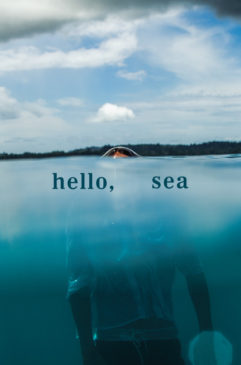
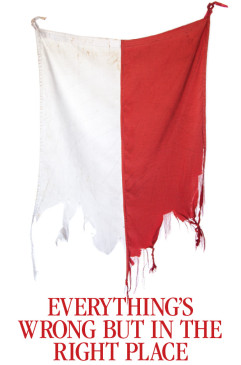


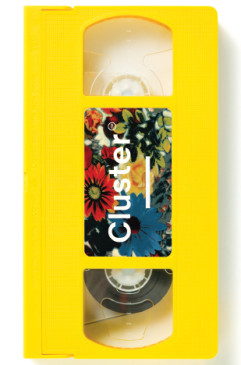




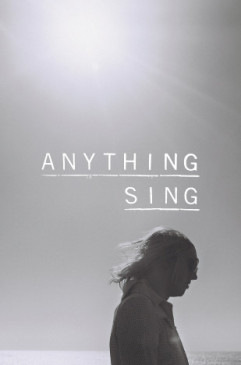


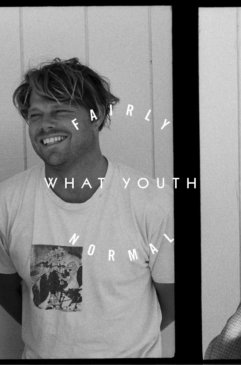
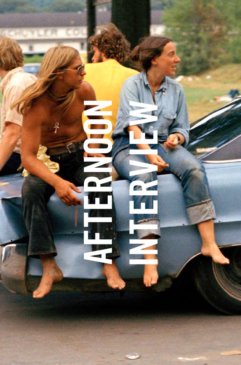

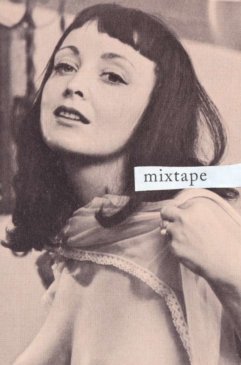





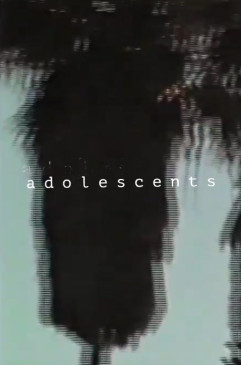
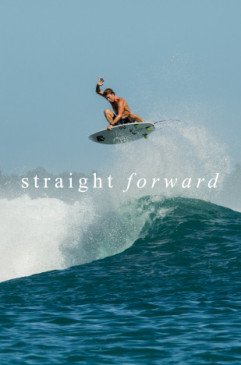
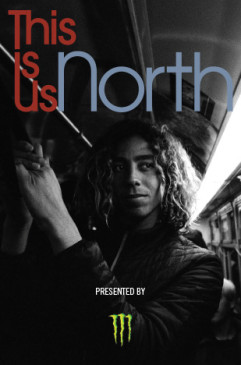
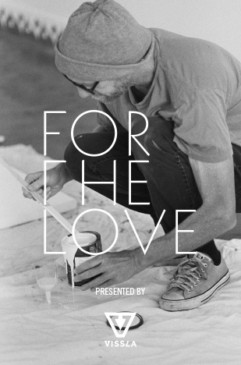
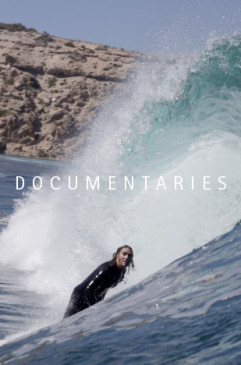
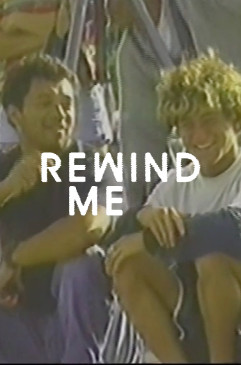
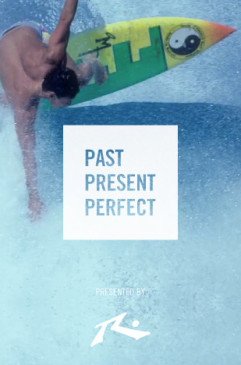






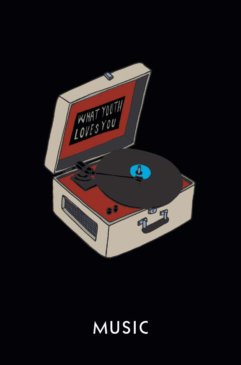

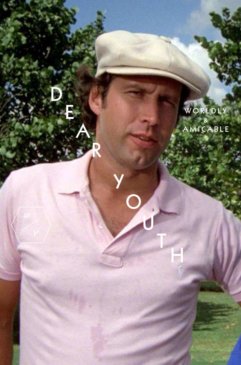








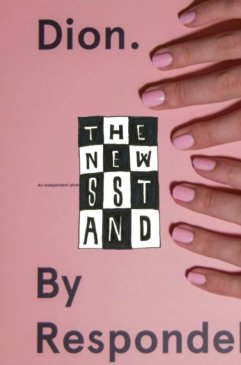


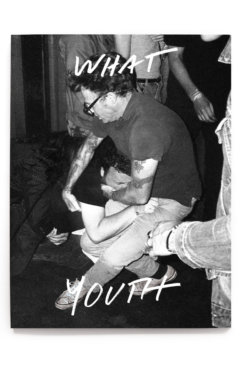

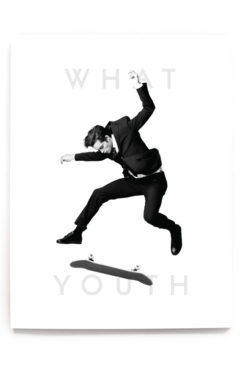

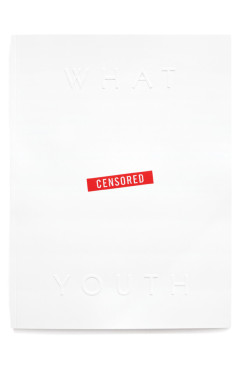
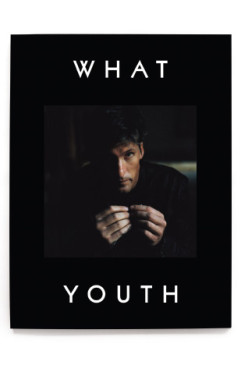
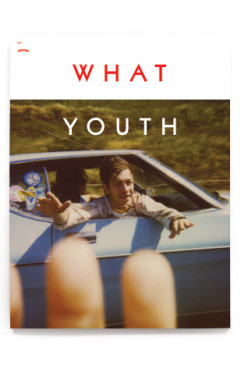
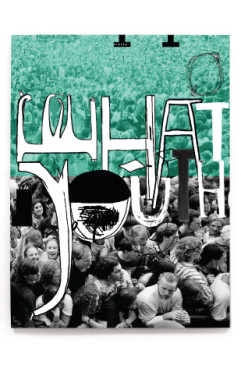
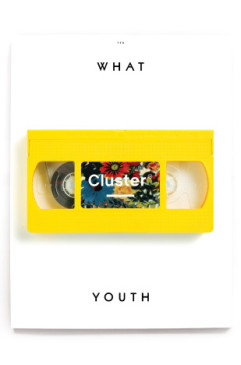
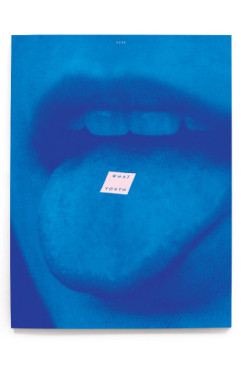
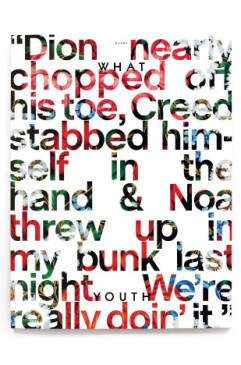

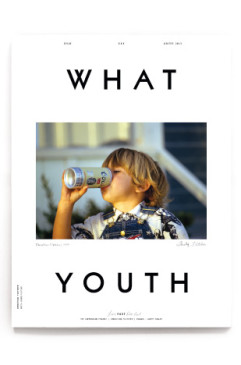
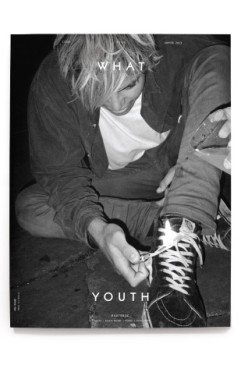

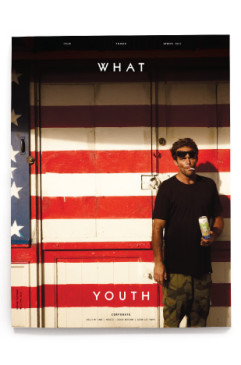



 NXT
NXT 




